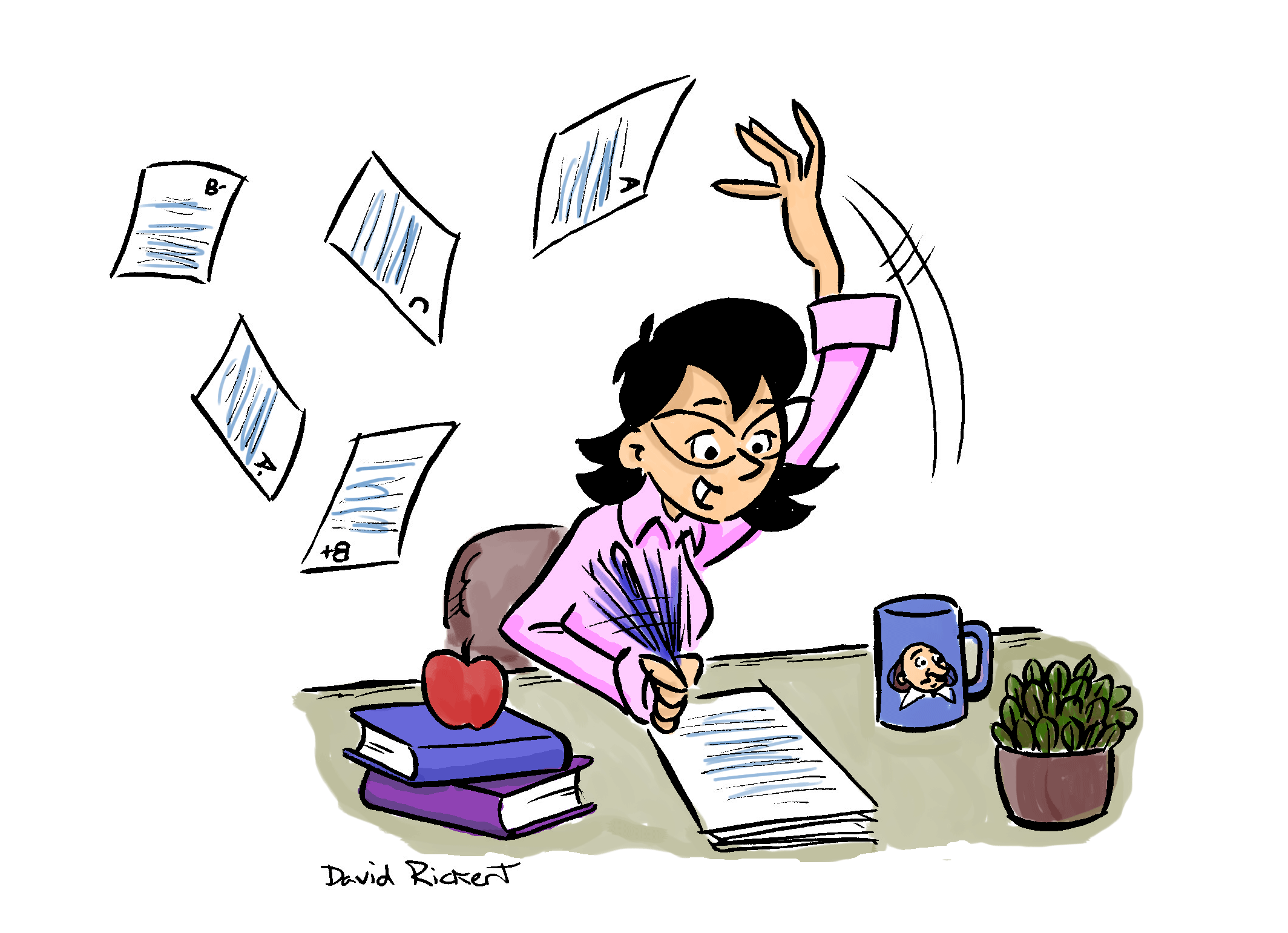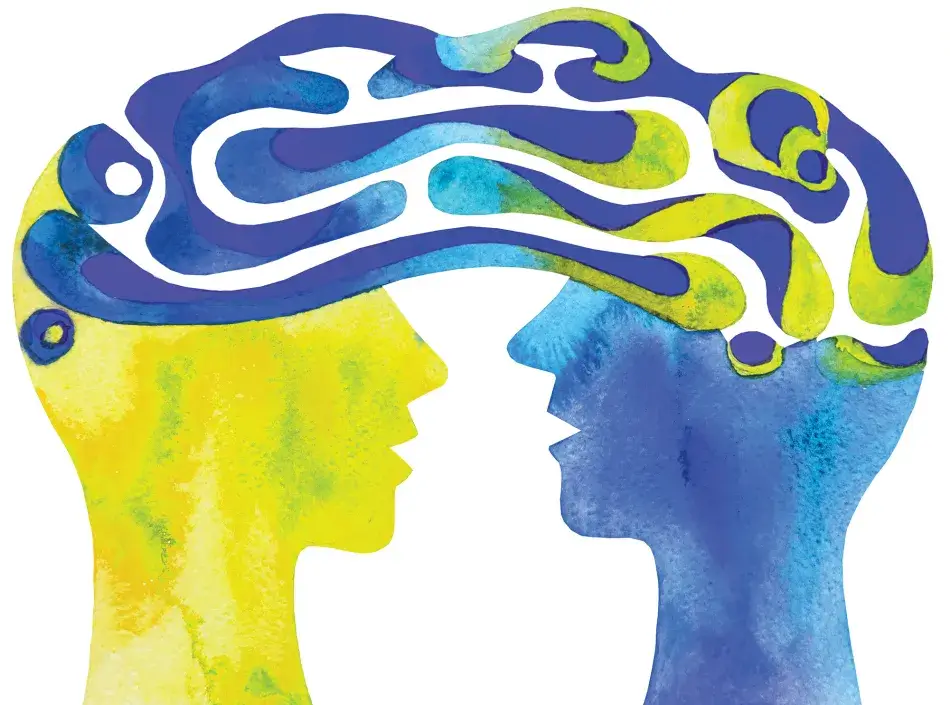This semester, we had to design both a full lesson and a mini-lesson that included a writing assignment, we had to teach it to our classmates, and then we had to give feedback to one of our classmates that were assigned to us. This assignment was very hefty and full of steps that had to be completed throughout many dates, which in the end culminated in my teaching demonstration on April 17th. I wanted my lesson to be something that students are familiarized with, and I wanted to focus on the students expressing their own thoughts and opinions on the article that I assigned to read. Hicks mentions in the third chapter of his text "Creating Confident Writers" that "The texts [you] teach from in mini-lessons should be beloved texts so that [you] know them well and [your] enthusiasm will carry over to [your] students… As the writing mentors in your classroom, we encourage you to seek texts that excite your imagination as a teacher-writer” (Chapter 3, page 28). With this in mind, I wanted my lesson to include a text that touched on a topic that I felt passionate and really interested about. After searching for a while for interesting articles that were appropriate to teach to my students, I ended up finding "The Price of a Show" by Michael Paulson. This article is about the pricing of Broadway tickers, and how in the past years they have increased dramatically. Paulson explores the reasons behind the pricing of these broadway tickets, and explains concepts like ticket scalpers, and dynamic pricing. I designed my lesson around this article, and there were multiple stages to the completion of this assignment.
Preparing the Materials and Designing my Lesson
The process of creating my lesson was the most challenging part of this assignment, because after finding the article, I didn't know what kind of assignment I wanted to give to my students. I thought of making them answer questions about the article, or maybe to write a story from a time that they went to see a Broadway show, and how their experience was, but in the end I made the assignment for this lesson to be the students writing a short reflection on what they read in the article. They had to include not just their original ideas, but also a quotation from the article that the students found to be interesting. I like this idea for an assignment because it is similar to what I have to do in my literature courses. I write down reflections on what we had to read before each class, and the process of gathering my own thoughts and writing them down in a piece of paper is very calming, and it helps me explore and analyze the stories and the things that I read. I also included questions that helped guide the thinking of my students, just in case they didn't have any idea where to start their writing, the questions were: 1. How does this article explore the tension between the accessibility of art, and the financial interests of people? 2. If you were a Broadway producer, how would you balance making a profit and keeping tickets affordable?
Overall I think that the activity went really well once I had the opportunity to give my lesson to my students. Many of them had original ideas, and they had reflections that were incredibly insightful and interesting. For example, one of my students commented, "Some people who would otherwise go to Broadway may simply be unable to afford it, especially considering the current economic conditions, and even more affluent people may just decide to attend a less expensive Broadway play. If enough people do both of these things, it will end up with this trend gradually dying out, because the amount of people paying these high prices won’t make profit for those in charge" This comment is really accurate to the situation that the article is bringing attention to, and it demonstrates a complete understanding on why people aren't able to afford going to see Broadway shows.
Experience After Giving my Lesson
After I gave my lesson to my classmates, I had the task to read all the writing that my students produced. I think that this part of grading and assessing other people's writing is very new to me. Despite me having my rubric, determining the criteria for the grading was difficult. I didn't know what to make of the pieces of writing that my students had made, but thankfully I remembered Nancy Sommer's "Responding to Student Writing" where she mentions, "The purpose of responding is to promote students' authority and authorship, by giving them feedback about their strengths and limitations as writers." (1) This quote was really important in my process of grading, especially with my focal student, I tried to maintain my feedback very constructive, while at the same time reminding my student of the things that I think they did well in the response. Overall, I notice a pattern among the majority of the responses that my students submitted, which is a deficient incorporation of the interesting quote from the article. The majority of them didn't really do it, and the ones that did, instead of explaining why they found it interesting, they paraphrased the things that the author mentioned in the article.
For my focal student specifically, I gave her an A-. The reason why is because despite her including some very nice points and very interesting ideas, I think that similarly to my other students, the integration of the quotes was not very smooth, and the transition between content and quotation feels a bit abrupt. I think that she does have a very deep understanding of the content of the article, and her comments on the situation are very insightful, however, some parts of the paragraph felt a bit redundant. Due to all of this, I gave her 4/4 in her thesis and her textual evidence, because despite the transition being abrupt, the quotes that she picked were very relevant. In organization and in grammar I gave her a 3/4, because there is definitely some improvement to be made, but I believe that it doesn't disrupt with the experience of reading her text. Overall, I believe that whenever I have to make a future lesson I would choose an article that is a lot longer or that is about a topic that is a lot deeper. I really like having discussions and talking about texts given by the teacher, so I will try to find something that is more complex, so there is more variation on opinions and points of view in the responses.








